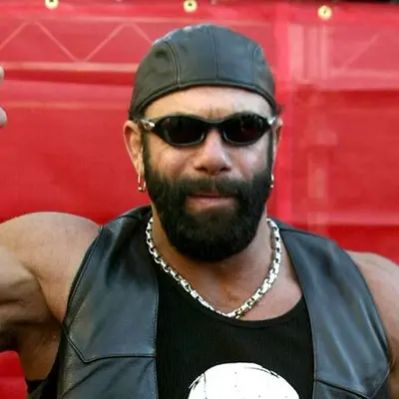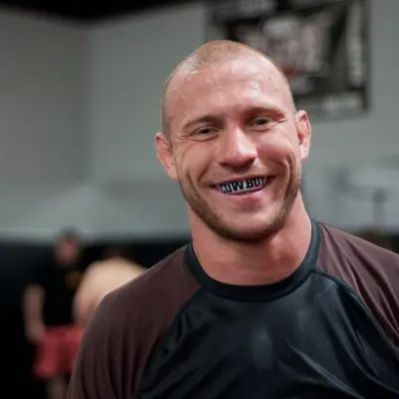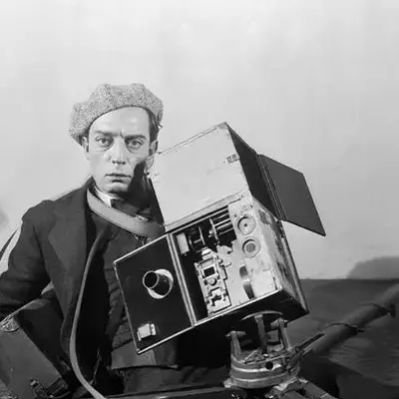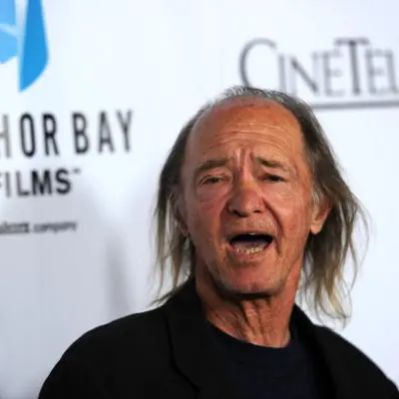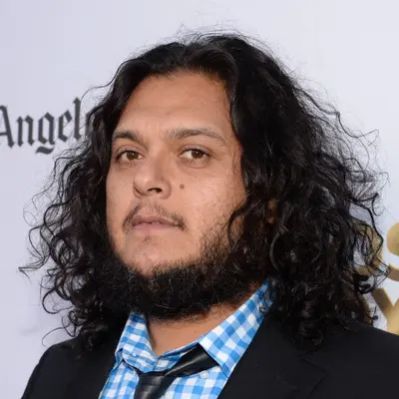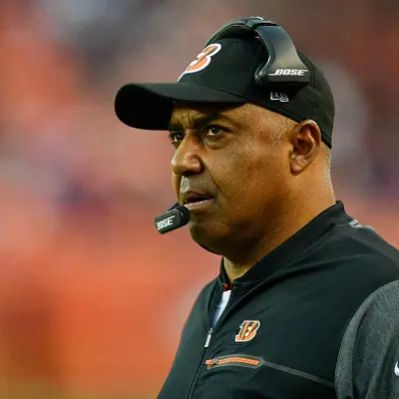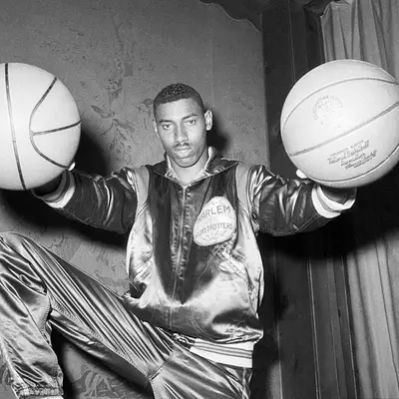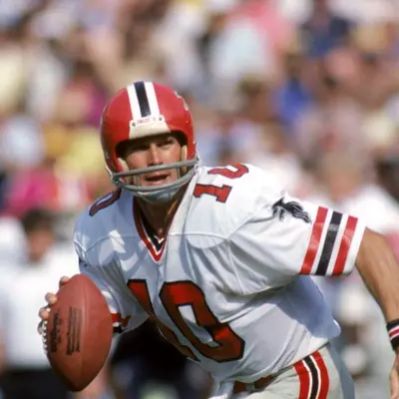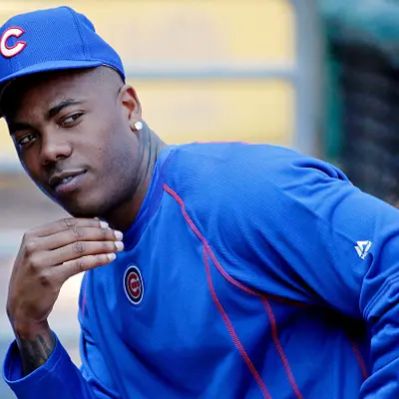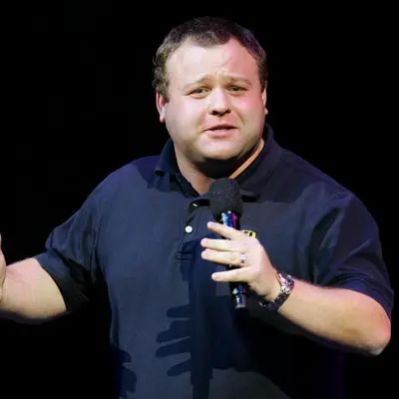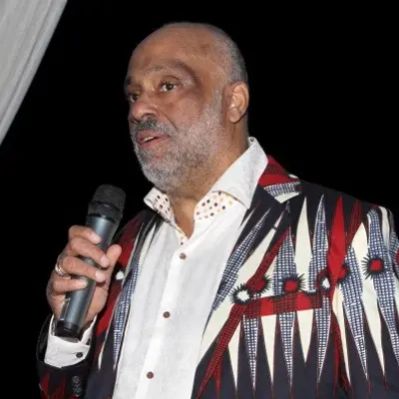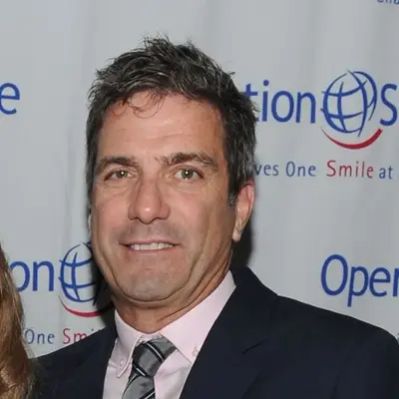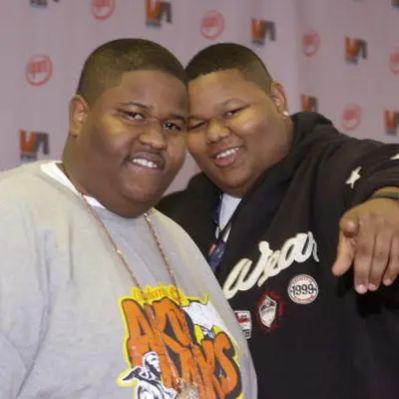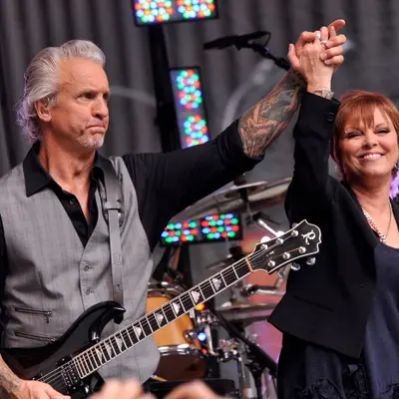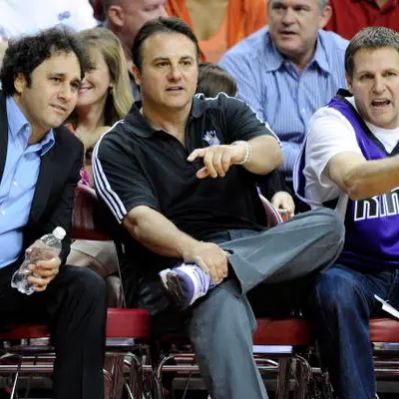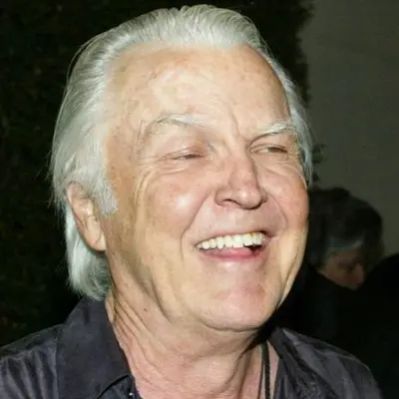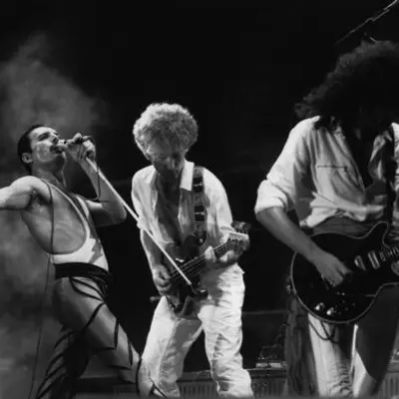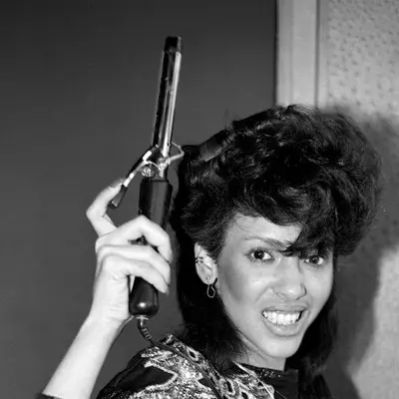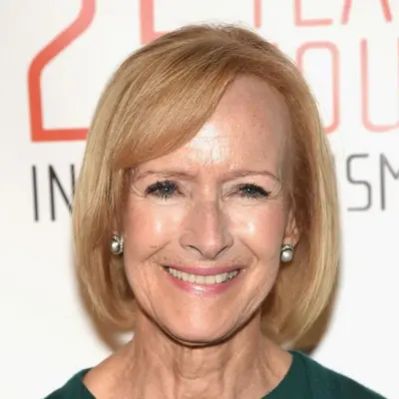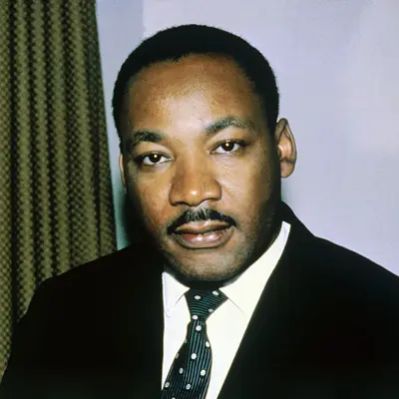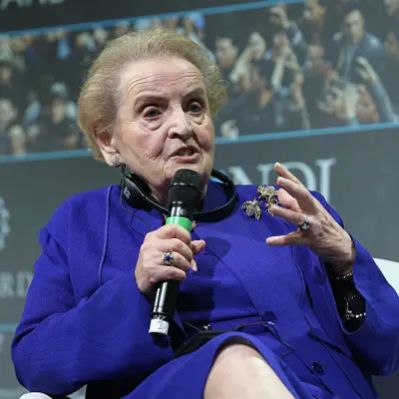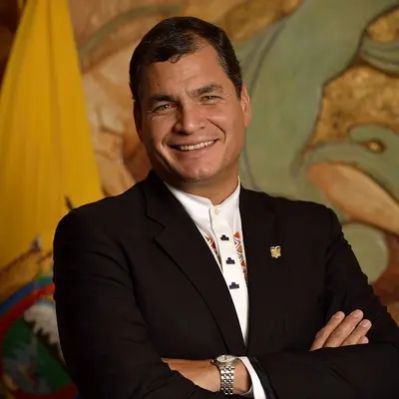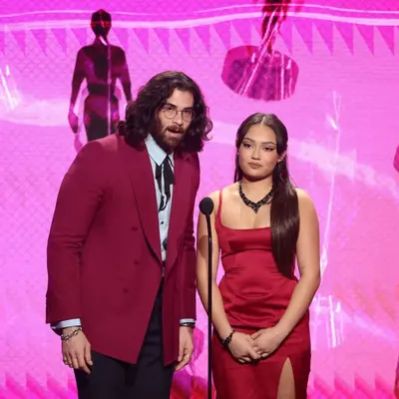What Is Randy Savage’s Net Worth?
Randy Savage, the iconic American professional wrestler and actor, had a net worth of approximately $8 million at the time of his death in May 2011. His wealth was accumulated over a 32-year career in professional wrestling, coupled with appearances in films and television. Savage’s career spanned across prominent wrestling organizations such as the World Wrestling Federation (WWF) and World Championship Wrestling (WCW), where he secured a total of 29 championships.
Randy Savage’s Early Life and Career Beginnings
Born Randy Mario Poffo on November 15, 1952, in Columbus, Ohio, Randy Savage’s upbringing had a significant influence on his eventual career path. He was raised in a Roman Catholic household and had Italian and Jewish heritage. His father, Angelo Poffo, was a professional wrestler in the 1950s and 1960s. Randy spent his formative years in Zanesville, Ohio, before attending Grover Cleveland Middle School and later Downers Grove North High School in Downers Grove, Illinois. During his high school years, he demonstrated his athletic prowess, which set the stage for his future in professional sports.
Savage initially pursued baseball, signing with the St. Louis Cardinals in 1971 right out of high school as a catcher. He then spent several years in the minor leagues, playing in the farm systems of both the Cardinals and the Cincinnati Reds. Most of his time in baseball was spent in the outfield. One season he played for the Tampa Tarpons. Despite his budding baseball career, Savage’s passion for wrestling, heavily influenced by his father’s legacy, eventually led him to transition into the wrestling world. While playing baseball, Savage began wrestling in between baseball seasons in 1973. His first character was named The Spider. He soon after took on the ring name Randy Savage. He also picked up the nickname “Macho Man” after a suggestion from his mother. By 1974, Savage made the pivotal decision to focus entirely on wrestling, marking the end of his baseball career and the beginning of his journey to becoming one of the most recognizable figures in professional wrestling history. His decision to leave baseball came from his desire to focus full-time on wrestling.
Randy Savage’s Professional Wrestling Career
Randy Savage’s professional wrestling career began in 1973, where he honed his skills and developed his persona. He wrestled his first match against Paul Christy and went on to wrestle matches in Michigan and along the Southeast territory, which was run by Nick Gulas. Early in his wrestling career, Savage worked in various territories, including those run by Nick Gulas in the Southeast. He then competed in his father’s outlaw organization, International Championship Wrestling, in the Mid-American states. He later joined Jerry Lawler’s Continental Wrestling Association alongside his brother. These experiences provided Savage with the foundation necessary to elevate his career. By the mid-1980s, Savage had established himself as a top free agent, drawing attention from major wrestling organizations.
In 1985, Savage signed with Vince McMahon’s World Wrestling Federation (WWF). He quickly rose to prominence, making his debut on “Tuesday Night Titans” and his pay-per-view debut in November of that year. During this time, he also began an on-screen relationship with Miss Elizabeth, who was introduced as his manager. In reality, Miss Elizabeth, whose real name was Elizabeth Hulette, was Savage’s wife, whom he had married in 1984. This on-screen and off-screen dynamic added an extra layer of intrigue to Savage’s character and storylines.
One of Savage’s first major accomplishments in the WWF came in 1986 when he defeated his rival, Tito Santana, to win the Worldwide Wrestling Federation Intercontinental Heavyweight Championship. This victory solidified Savage’s status as a top-tier wrestler and marked the beginning of a successful run with the title. In the early years with the WWF, Savage had three victories over WWF star Hulk Hogan. In 1987, Savage added another accolade to his resume by winning the King of the Ring tournament, further cementing his reputation as one of the WWF’s top performers. His popularity grew over the next two years as he defended his Heavyweight Champion title against stars like Andre the Giant and the Big Boss Man.
In 1989, Savage lost the title to Hulk Hogan after holding it for 371 days, which marked the beginning of a major feud between the two wrestlers. The rivalry was further fueled by Hogan’s declaration that Miss Elizabeth would be his manager, adding a personal dimension to their conflict. Although Savage and Miss Elizabeth later reconciled, the feud with Hogan remained a central storyline for Savage. By the end of the year, Savage announced his retirement from active wrestling but soon returned to television as a broadcaster in 1991. Shortly after, he made an unofficial return to the ring and was then reinstated as a wrestler, leading to an on-screen feud with WWF Champion Ric Flair. Savage continued to wrestle with the WWF until 1994, when he made the transition to World Championship Wrestling (WCW).
During his time in WCW, Savage settled his feud with Hulk Hogan, and the two formed a wrestling duo. He continued to wrestle with WCW until the late 1990s, taking a break from wrestling before reappearing in Total Nonstop Action Wrestling (TNA) in 2004. Savage wrestled his last match in December of that year, officially marking the end of his in-ring career. Throughout his wrestling career, Savage achieved numerous milestones and gained recognition as one of the sport’s most charismatic and skilled performers.
Randy Savage’s Ventures Outside of Wrestling
Beyond his accomplishments in the wrestling ring, Randy Savage ventured into acting, appearing in several television shows and movies. Among his television credits are appearances in “Walker, Texas Ranger” and “Mad About You.” He also made a cameo in the film “Spider-Man.” Additionally, Savage lent his voice to animated characters in shows such as “King of the Hill,” “Dexter’s Laboratory,” and “Bolt.” These roles showcased his versatility as an entertainer and helped to broaden his appeal beyond the world of professional wrestling.
Randy Savage’s Personal Life and Passing
Randy Savage’s personal life was marked by both joy and tragedy. In 1984, he married Elizabeth Hulette, famously known as Miss Elizabeth, who was also involved in professional wrestling. Their marriage was a central aspect of Savage’s on-screen persona and contributed to the success of his storylines. However, the couple divorced in 1992, marking the end of a significant chapter in both of their lives.
In May 2010, Savage remarried Barbara Lynn Payne, who had been his high school sweetheart. Their reunion brought him personal happiness and stability. However, their time together was tragically cut short when Savage passed away in May 2011. On the morning of May 20, 2011, while driving in Florida with Payne, Savage suffered a heart attack. Initial reports indicated that he had died in a car accident, but later autopsy results revealed that his death was caused by a heart attack while driving, which caused him to crash into a tree. According to the autopsy, Savage had an enlarged heart and advanced coronary artery disease. It was noted that he had never been treated for any heart condition and was seemingly unaware of his heart problems prior to his death.
Randy Savage’s passing was mourned by fans and colleagues alike, and numerous tributes were paid to his legacy. WWE released a DVD documentary, “Macho Man: The Randy Savage Story,” which featured interviews with those closest to him. In 2015, WWE inducted Randy Savage into the WWE Hall of Fame, cementing his status as one of the most iconic figures in professional wrestling history. The net worth he accumulated, estimated at $8 million, reflects his successful career and enduring impact on the world of sports and entertainment.
 Net Worth Ranker
Net Worth Ranker
